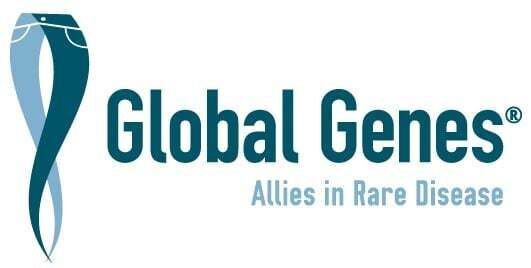What is the Lymphatic System?
Imagine the lymphatic system as a network of highways that transport fluids throughout our body. These highways, or vessels, carry a fluid called lymph, which contains white blood cells that help fight infections.
What are Lymphatic Malformations (LM)?
Lymphatic Malformations are like traffic jams or roadblocks in our lymphatic highways. They occur when the lymphatic tissue grows uncontrollably in various parts of our body. These blockages can lead to a host of complications, especially in the lungs.
How does LM affect the lungs?
Patients with LM often experience breathing problems. Two main issues arise:
- Chronic Chylous Effusions: Think of this as a flood on the highway, where a milky fluid called chyle fills up the lung space.
- Progressive Interstitial Lung Disease: This is like the highway getting crowded and congested, making it hard for oxygen to move around.
The exact cause of these lung issues wasn't clear until recent advancements in medical imaging.
The Game-Changer: Dynamic Contrast Enhanced MR Lymphangiography (DCMRL)
Thanks to the genius of Dr. Maxim Itkin and his team, we now have a way to take detailed pictures of the lymphatic system using a technique called DCMRL. By injecting a special dye into the lymph nodes (found in the groin area), doctors can watch how the lymph fluid travels in real-time.
Through DCMRL, doctors discovered something called "Pulmonary Lymphatic Perfusion Syndrome." In simple terms, this means that the lymph fluid is overflowing into the lungs. Just like a highway getting flooded, this overflow causes breathing problems.
The Solution: Fixing the Traffic Jam
The good news is that there's a way to fix this overflow. Doctors can now perform a procedure that closes up the main lymphatic vessel, known as the thoracic duct. By doing this, they can stop the lymph from flooding into the lungs, providing relief to patients.
In Conclusion
Lymphatic Malformations might sound complicated, but with the latest advancements in medical imaging and treatments, there's hope for patients suffering from lung complications. Thanks to researchers and doctors like Dr. Maxim Itkin, the future looks brighter for those battling LM. Check out the full video here.










